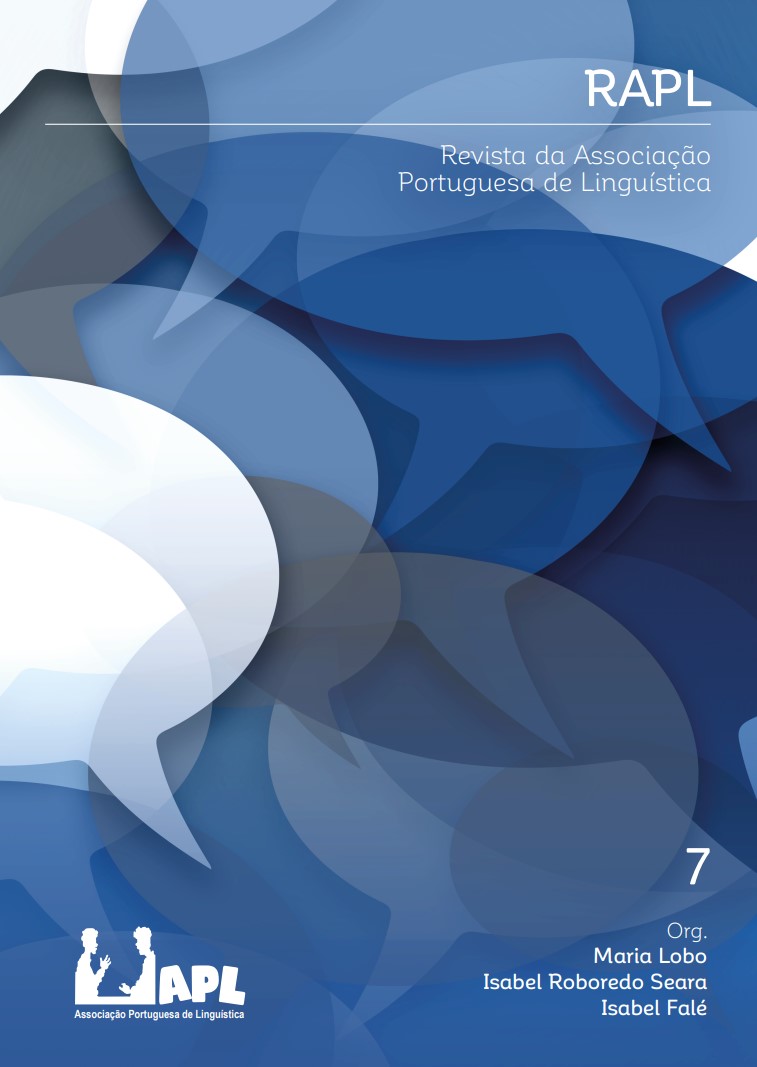The temporal properties of complement and purpose infinitive clauses with ‘para’ in European Portuguese
DOI:
https://doi.org/10.26334/2183-9077/rapln7ano2020a19Keywords:
semantics, temporal relations, infinitives, purpose clauses, 'para', complement clausesAbstract
In this paper we investigate three different types of infinitive constructions involving para in European Portuguese, viz. purpose clauses, complement clauses in which para behaves as a true complementizer and complement clauses in which para behaves as a preposition pertaining to the main sentence. We begin with a brief characterization of the Portuguese simple infinitive, arguing that, in appropriate conditions, it exhibits defective temporal properties that are, nonetheless, non-specified whenever another component in the sentence ascribes temporal information to the infinitive clause. Then we compare the three constructions under analysis: although there are clear divergences in their semantic behaviour, we observe that in all cases the situation represented by the infinitive clause is systematically located in an interval that follows its Temporal Perspective Point provided by the main clause. In order to account for this regularity, we propose that, in these contexts, (i) the infinitive is non-specified regarding its temporal features and (ii) the lexical properties of para are responsible for the posteriority reading stated above.
Downloads
Downloads
Published
How to Cite
Issue
Section
License
Copyright (c) 2020 Purificação Silvano, Luís Filipe Cunha

This work is licensed under a Creative Commons Attribution-NonCommercial-ShareAlike 4.0 International License.
Authors retain copyright and concede to the journal the right of first publication. The articles are simultaneously licensed under the Creative Commons Attribution License, which allows sharing of the work with an acknowledgement of authorship and initial publication in this journal.
The authors have permission to make the version of the text published in RAPL available in institutional repositories or other platforms for the distribution of academic papers (e.g., ResearchGate).




